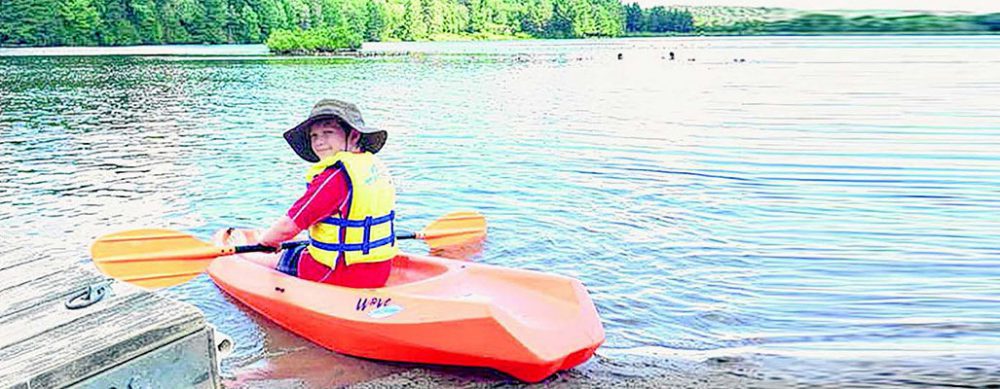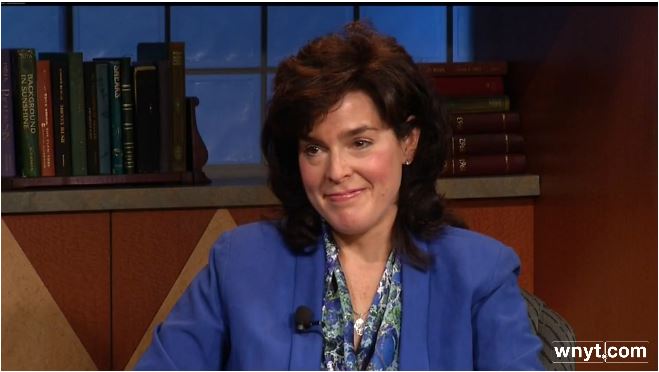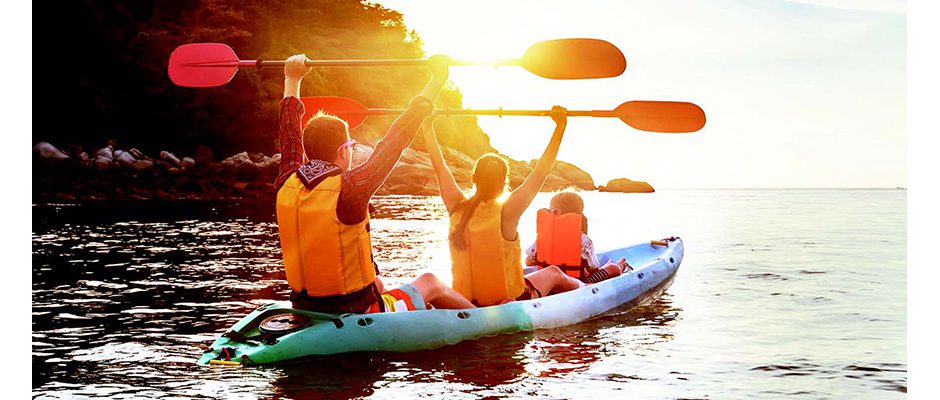
[This piece was written by Diane Tenenbaum, MD, of St. Peter’s Children’s Health Center.]
Sadly, the local news of late has been filled with an unfortunate number of stories detailing accidents in and around the water. While part of summer is making memories at local lakes and ponds, swimming holes and pools, making sure the memories are good ones means putting safety first.
For parents that means when your kids are in the water, you’re on full time duty. Each year an estimated 350 kids under age five drown in pools, many of them at homes. Many of those who drown were out of sight for less than five minutes and were in the care of one or both parents.
Another 2,600 are treated in hospital emergency rooms for submersion accidents, including some who suffer serious brain damage.
To make sure the kids have a safe and happy summer, follow these tips:
- If you own a pool, have it surrounded by the appropriate fence and secure when not being used.
- Families who use backyard wading pools should turn them upside down when they’re done playing for the day. Not only does this make it impossible for a toddler to sneak out and get in trouble, but it also decreases the chance of creating a breeding ground for mosquitos.
- Always have designated adults supervising kids in the water. For small kids, this means being within arm’s reach.
- Don’t read, play cards, talk on the phone, mow the lawn or do anything that distracts from your lifeguard responsibilities. Stay sober. Have a phone handy.
- Have everyone in the family take swimming lessons. The American Academy of Pediatrics advises that parents use the age of three as a general guideline for the age to begin swimming lessons. Those old enough should learn cardiopulmonary resuscitation (CPR).
- Don’t use toys or flotation devices as a substitute for supervision or life jackets.
- If you go to a public pool or beach, make sure it’s in a supervised, marked area with a lifeguard present. Keep an eye on the weather.
Adults also need to be concerned with preventing disease as well as injuries. To reduce pool contamination, give young children frequent bathroom breaks and change diapers often. Anyone with recent vomiting or diarrhea should avoid swimming (so as not to spread illness).
Families who enjoy kayaking, canoeing or boating are also reminded children under 12 years of age are required by NYS law to wear a personal flotation device (PDF) while on recreational watercraft less than 21 feet in length.
Finally, don’t forget the sunscreen! It should be applied 15-30 minutes prior to being out, as well as every two hours while playing outside.
St. Peter’s Children’s Health Center (1092 Madison Avenue, Albany – 525-2445) offers a complete range of services for children from newborns to age 18. Services include well-child routine care, sick child exams, school and camp physicals, sports physicals, immunizations, health maintenance and education, and access to other hospital services and referrals to specialists.





